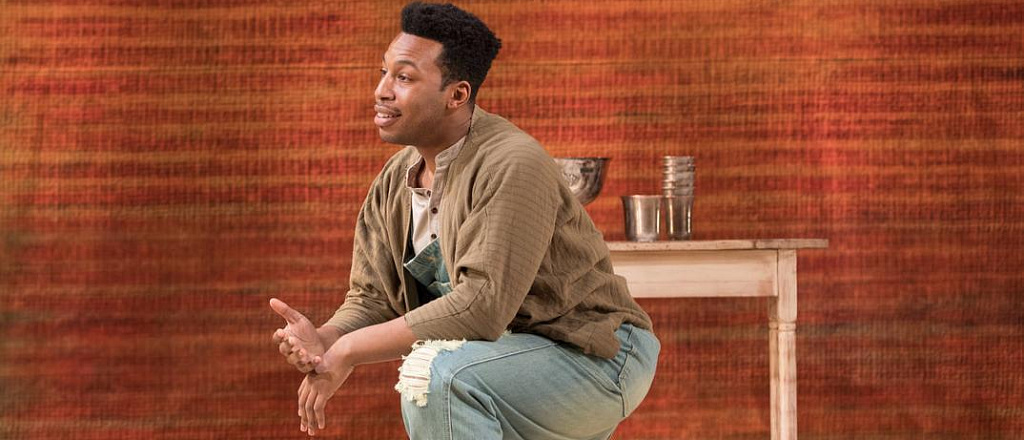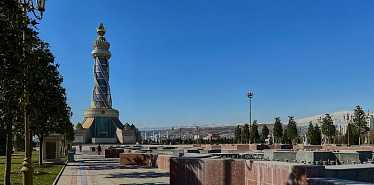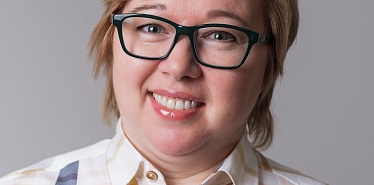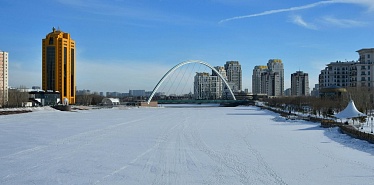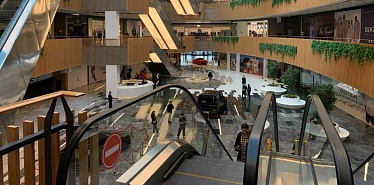Drew Drake, actor and poet, graduate of the University of Tennessee, co-founder of Shakespeare in shades project and author of the Soulfood sessions: A Poetry Mixtape, @drewskiidrake
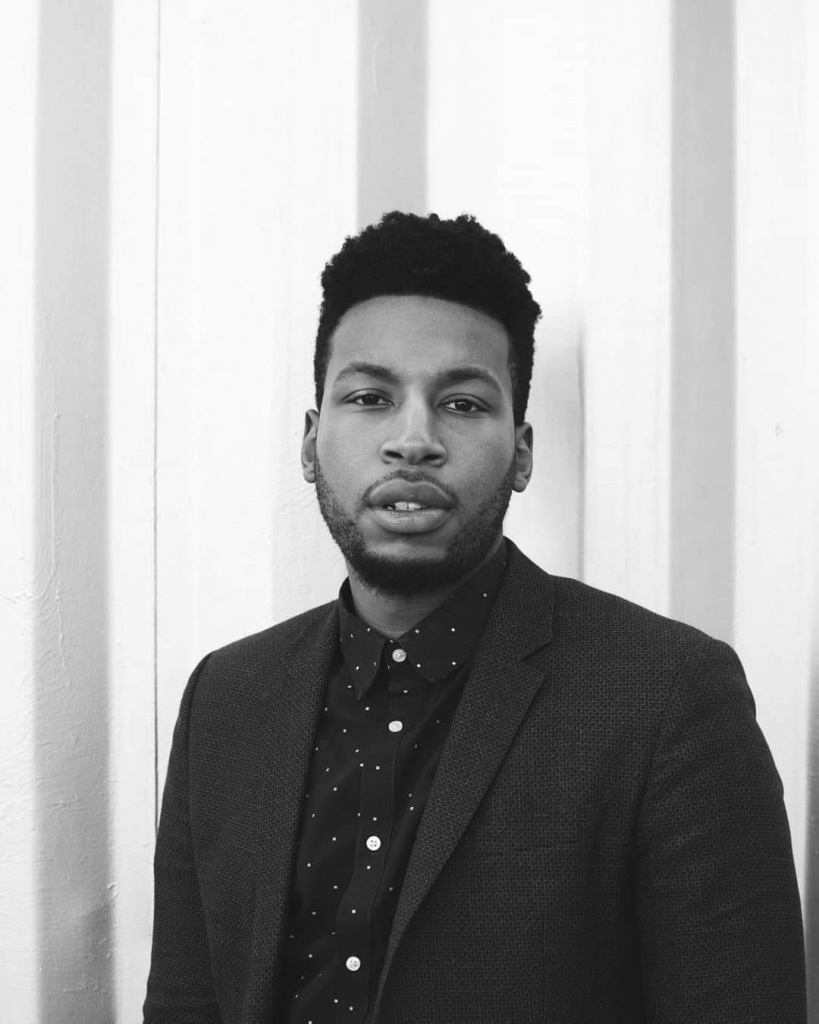
About himself and inspiration
I grew up as a military kid. My family moved around a lot — every three years or so. Growing up we would not stay in a particular location — I lived in Belgium, Germany, the USA.
I think because of that I have an interesting relationship with home. For me, home does not feel like one clear place — it is almost like a quilt of many different locations, to the point where I connect home with people. When I think of home, I think about friends I met back in Germany, or about some of my teachers back in Florida and Miami. I had specific people whose wisdom and experiences meant a lot to me.
It all has influenced the way I move throughout the space and value conversations and community, knowing that every person has something to pour into me, something they can offer to me, from their experiences. And I think it has been helpful to me as a performer. Traveling, I am trying to find someone to tell me about the place I'm staying at. These conversations are great because they help me dive deeper into the community and build connections.
I find inspiration in everything, especially in people. Favorite historical figures I find inspirations from are Zora Neale Hurston and Fannie Lou Hamer.
Every person has something to pour into me, something they can offer to me, from their experiences
Zora Neale Hurston was an amazing writer and I think she was always interested in the work of community, in the factors that made community what it is. She looked at communities as a science — which is the way I see it, exploring history and relationship in community.
Fannie Lou Hamer was an amazing community advocate. She did a lot of work against oppression, especially in Mississippi, Alabama and Georgia. Oftentimes I think about the ways in which she did deep community work specifically in small communities. It helps me to see how activism and social changes are so connected together.
Travel is always an inspiration — going from place to place, giving performances, working with different communities, hearing about people’s journeys in life. It all helps to create even more.
About poetry and theater
My collegiate experience is what got me into writing more regularly — I finished my undergraduate experience at Western Carolina University and went to grad at the University of Tennessee. There, I was often put on stage or filming things. It gave me a particular perspective, but in some sense, it was limiting for a lot of other communities. I got tired of this, so I found myself in many more community programs — from a reading literacy program to building a hip-hop scene and a slam poetry community in Knoxville.
Theater definitely has a place in our society. There are so many conversations and themes that theater could create
This was a place where I found a lot of communities that were outside of the university and the stories that the university told us. I became interested in doing more work in the community, using my artistry to help tell the story, change the narratives. And I think it was very necessary for me as an artist. This experience gave me a grounding to the type of artist I am today.
At university, I was a co-founder of a project about poetry. We created a club at one of the Western campuses. Our adviser brought in a lot of outside artists to our school. We were able to perform with Buddy Wakefield and other world-known poets, who built a career around poetry.
I think seeing that in early college was impactful for me — I started to think that it was something that could happen to me too. I feel like from there I started performing more, doing a lot more slam-poetry, and started to compete in national and regional slams all over the country. It was another component for me that helped build confidence in performing my poetry and build more recognition.
I was doing it all while I still acted. I think the acting background has been so helpful to me with performances, because I always see how they intertwine. I see it as I am sharing my pieces and performances. I think about how to add elements of theater to my poetry, to allow folks to see poetry not just as a poem, but more of an experience, something they can allow themselves to be a part of and more connected to the text. All that was helpful along the way.
Theater for me has always been like a church, a sanctuary in a way. There is a community, conversations that are happening. And I think of theater as a place of something spiritual — it is alive, breathing, not just a building, but something that we can take with us.
I think theater allows me to explore different characters and ideas, even different concepts such as lightning or sound and how it can influence the story.
Theater definitely has a place in our society. There are so many conversations and themes that theater could create. Theater-makers today use theater as a facilitator. Sometimes we do not want to have a conversation on certain themes with words. Instead, we can build a piece of art around it and be more comfortable talking that way.
Poetry to me is a root of expression, it is a space where I allow myself to express feelings. I often think of ways to openly unpack certain things that we are dealing with, from depression and grieving to interpersonal things, like being able to ask what masculinity is. I can put thoughts that I am not always comfortable sharing out loud on the page and explore them personally.
About projects Shakespeare in Shades and Soulfood Sessions
Shakespeare in Shades. That project started when I was in grad school. In Knoxville there is a particular side where more black and brown folks live. I did a lot of work in this community. And I noticed that a lot of students have low reading efficiency. And I began to think why it was this way in heavily black and brown schools. I think literature can be very europocentristic. Sometimes, when we read Shakespeare, we feel like the story doesn't have a connection with us.
The Shakespeare in Shades project tried to break these stories down, to the points where students can feel centered and seen, where they can see their own communities — it can be influential in a way they want to read more and that would help them with efficiency levels.
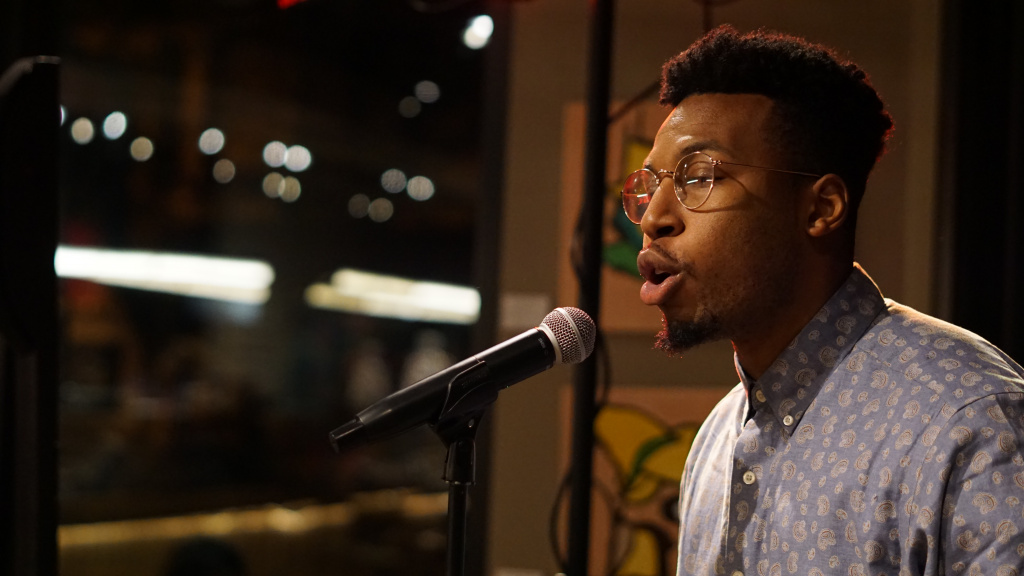
Soulfood Sessions. The writing portion begins with me sitting with a thought, question or an idea. Sometimes the thought can be an image, sound or music.
Core of the project — my relationship with my grandmother. I thought about the things in life she told me, comparing those experiences in life to recipes.
I wanted to be specific with my writings. Especially on themes that have social stigma like LGBT, depression, mental health. I allowed myself to sit with all things I wish I could have open conversations about and wrote about them. That is how the project began and developed.
About plans
I want to talk about the power of collective changes — it is like moving the wheel together, rather than one individual.
I would love to work with different communities, maybe with incarcerated folks in New-York.
In the future I want to create more intergenerational spaces and find a way to have conversations between youth writers.
There is so much in the world where I have never been, so I want to travel, maybe visit Kazakhstan.







